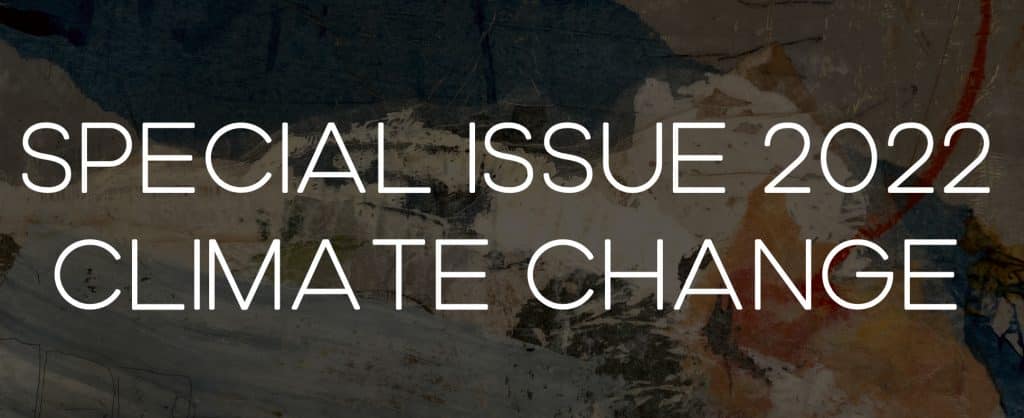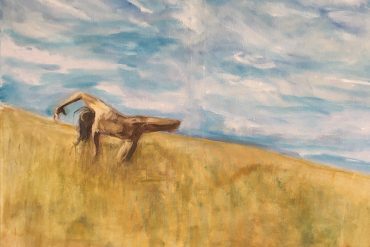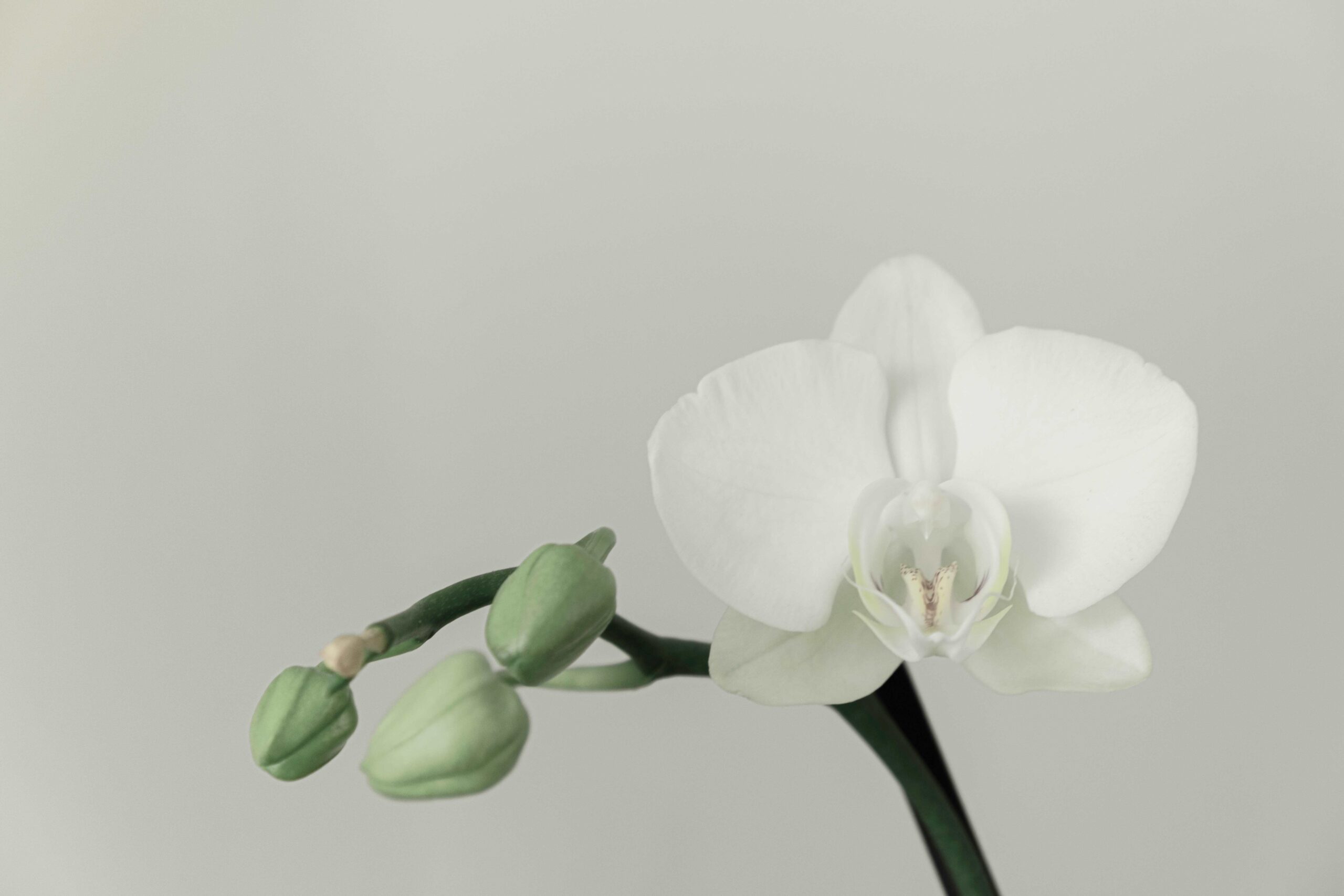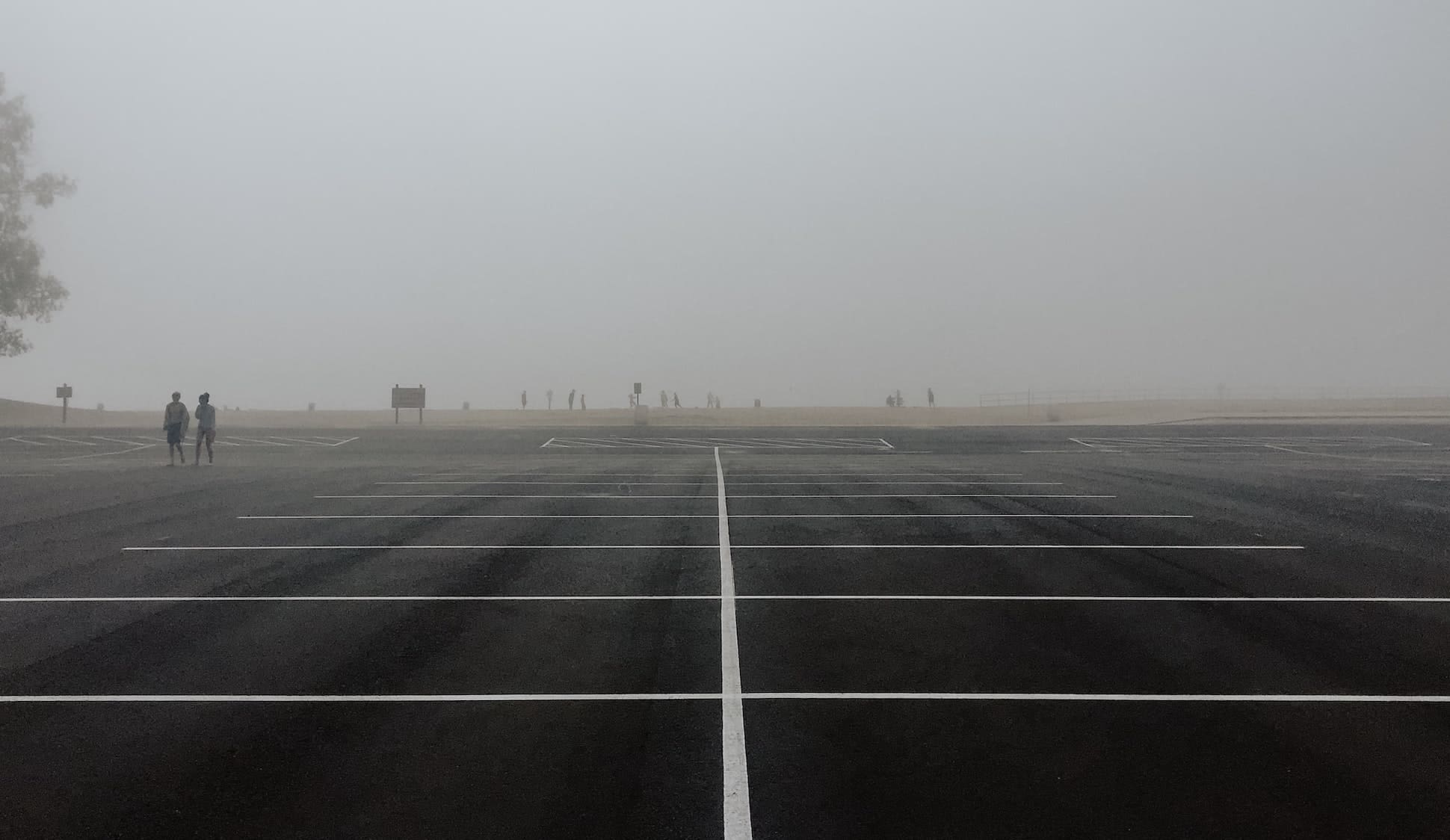
“I have become helpless with the thought that writing cannot save anyone.”
(Yoo, 2021, p. 194)
They find words
among the rusty cans
in an abandoned parking lot
They mix them with the sand
with yesterday’s leftovers
dreams
memories
faded photographs
which refer to nothing
scattered signs
which for a moment give the illusion of satiety
gnashing between teeth
and have a sour aftertaste
Znajdują słowa
wśród zardzewiałych puszek
na opuszczonym parkingu
mieszają je z piaskiem
wczorajszymi resztkami
snów
wspomnień
wyblakłych zdjęć
które do niczego nie odnoszą
rozsypane znaki
na chwilę dające złudzenie sytości
zgrzytają między zębami
i mają kwaśny posmak
References
Yoo, J. (2021). Writing as inquiry during a pandemic. Cultural Studies ↔ Critical Methodologies, 21(2), 194–197. https://doi.org/10.1177/1532708620965573
AUTHOR’S MEMO
This autoethnographic poem is a question about the power of autoethnography in the face of the climate crisis. It is an expression of my dark fears, my depression that keeps me away from writing. A climate crisis asks about the meaning of writing. How can we by writing – autoethnography – stop the coming change? To what extent can we transform the apocalypse into the utopia that is (non)coming? How useful will our writing be after the apocalypse? To what extent will our fears, desires, and hopes be understandable to people who survive the crisis?
The autoethnographic poem is written in English and Polish to counteract the hegemony of the English language and to minimize the loss of meaning in translation. More from the author:
Chutorański, M. & Szwabowski, O. (in press). From the semi-periphery with love. A dream of democratic social science: a margins lever. Journal of Studies in International Education, DOI:10.1177/10283153211070109
Featured image by Helen Cramer on Unsplash










